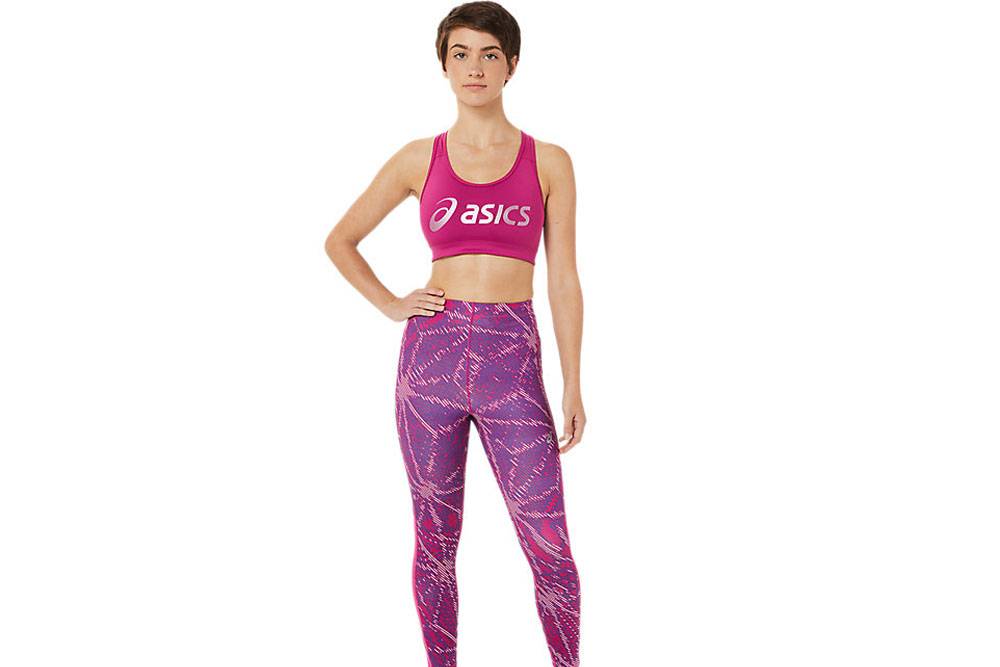
ASICS is a Japanese fashion retailer founded in 1949 by Kihachiro Onitsuka. The multinational clothing-retail company creates sportswear and equipment for a wide range of sports.
ASICS makes running shoes, activewear, and accessories for women, men, and children. It helps provide more flattering styles that improve support while running or training.
ASICS wants to be a force for positive change and give young people a sense of direction in life through sport and fitness. It has a group-wide sustainability strategy, roadmap, and action plan.
ASICS now offers clothes, accessories, and equipment made from recycled and more responsibly sourced materials. It believes that pursuing sustainability in product design leads to innovation.
ASICS is a fashion brand and clothing retailer based in Kobe, Japan. It makes apparel, footwear, and accessories and offers a collection of basics, activewear, underwear, loungewear, and outerwear.
Panaprium is independent and reader supported. If you buy something through our link, we may earn a commission. If you can, please support us on a monthly basis. It takes less than a minute to set up, and you will be making a big impact every single month. Thank you!
Sustainability Rating: 5/10
Rating FAQ
Category: Clothing, accessories, shoes, bags
For: Women, men, children
Type: Basics, activewear, underwear, loungewear, outerwear, sneakers
Style: Casual
Quality: Low
Price: $
Sizes: 2XS-2XL, 0-14 (US), 2-16 (UK), 32-44 (EU), 4-18 (AU)
Fabrics: Cotton, hemp, lyocell, modal, viscose, acetate, polyester, nylon, spandex, polyethylene, acrylic, neoprene, polyurethane, rubber, leather, wool, silk, down
100% Organic: No
100% Vegan: No
Ethical & Fair: Yes
Recycling: Yes
Producing countries: Argentina, Brazil, Cambodia, China, Colombia, El Salvador, Indonesia, Italy, Japan, Mexico, Netherlands, Philippines, Portugal, Slovenia, South Africa, Thailand, Tunisia, Turkey, Vietnam
Certifications: GOTS, GRS, Fairtrade, BCI, FSC, Bluesign, SMETA
Sustainability Practices
ASICS is committed to resolving critical social and environmental issues. It aims to preserve a sustainable environment so that people can enjoy sports and continue living in good health.
ASICS wishes to enable people to live healthily and fulfilled lives and offers products that contribute to improving mental and physical health. It focuses on climate action and circularity, physical and mental well-being, and human rights in the supply chain.
ASICS only uses a small proportion of organic materials such as organic cotton and hemp or recycled materials such as recycled polyester and regenerated nylon.
Most of the fabrics it uses are either natural without relevant certifications, such as regular cotton, or synthetic petroleum-based fibers such as polyester, nylon, acrylic, and more.
ASICS also uses a small amount of semi-synthetic fibers or regenerated cellulosic fabrics such as Tencel lyocell, acetate, and viscose.
Tencel is an eco-friendly fiber made with wood pulp from certified sustainable forests. But only a tiny proportion of the materials used by ASICS are environmentally friendly and sustainable.
ASICS publishes a list of all its manufacturers on its corporate website. It aims to support its employees through training and other opportunities and health and well-being programs.
The 2021 Fashion Transparency Index gave ASICS a score of 49% based on how much the group discloses about its social and environmental policies, practices, and impacts.
ASICS manufactures its clothes in China and many other East Asian countries, where human rights and labor law violations still happen every day.
ASICS has a Code of Conduct that applies to all its suppliers and subcontractors based on the regulations set by the International Labor Organization (ILO).
ASICS assesses compliance with its Code of Conduct through informal visits, announced, semi-announced, specialized, accredited third-party site audits using the SMETA audit tools.
ASICS doesn't use exotic animal skin, hair, fur, or angora. But it uses leather, wool, silk, and down feathers to manufacture many of its clothing pieces.
These animal-derived materials are cruel and unethical. They also harm the environment by producing greenhouse gases and waste. More sustainable alternatives exist.
Sustainability Goals
ASICS has committed to reducing its environmental impact across the entire supply chain. It has committed to more sustainable material sourcing.
ASICS plans to source 100% of its cotton as more sustainable cotton by 2025 in its apparel products and accessories. It will also switch to 100% recycled polyester by 2030.
ASICS will reduce its absolute CO2 emissions by 63% by 2030 as a science-based target for scopes 1 and 2 in its direct operations and scope 3 in its supply chain.
ASICS aims to use 100% renewable electricity in its business facilities by 2030. It plans to have take-back programs to reuse and recycle products and materials in 3 regions.
Buy Here
Discover ASICS' sustainable collections at Asics.com.
Reviews And Experiences With ASICS
Have you had (good) experiences with shopping at or the products of ASICS? Then leave us your rating below.
What We're Up Against
Multinational corporations overproducing cheap products in the poorest countries.
Huge factories with sweatshop-like conditions underpaying workers.
Media conglomerates promoting unethical, unsustainable products.
Bad actors encouraging overconsumption through oblivious behavior.
- - - -
Thankfully, we've got our supporters, including you.
Panaprium is funded by readers like you who want to join us in our mission to make the world entirely sustainable.
If you can, please support us on a monthly basis. It takes less than a minute to set up, and you will be making a big impact every single month. Thank you.






























0 comments